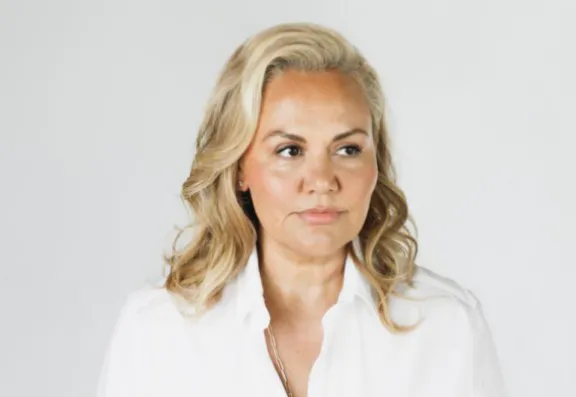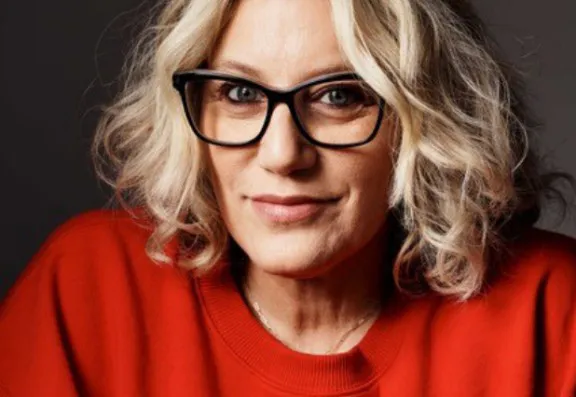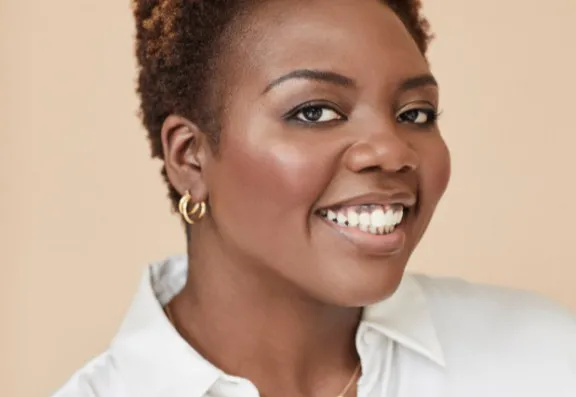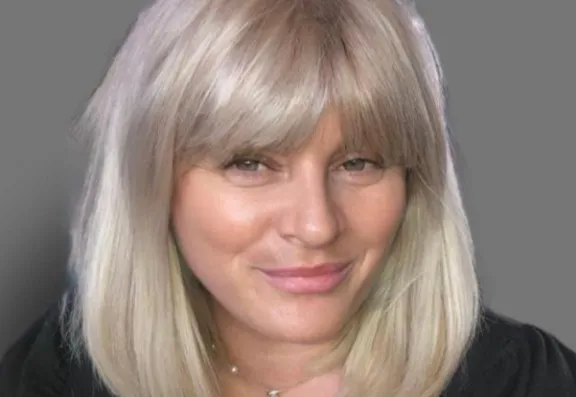
11
Oct
2023
The impact of rising bills
Speaking to its members, BABTAC found that 93.58% of salon owners had seen a considerable increase in rent and utility rates in the past year, with 10% of these facing a 200% increase, 40% a 100% increase and 44% a 50% increase. Increases that will ultimately impact the consumer, as treatment prices are set to increase as a result.
Lesley Blair MBE, CEO and Chairperson of BABTAC says, “The cost-of-living crisis and rise in energy prices is affecting everyone and is of course a huge concern for many beauty businesses. We’re hearing from our members that the ongoing strain of bills is just another blow to those who have already had to contend with negative impact of the pandemic, which was estimated to be an average financial loss of £11,603 on earnings[1].
To find a cheaper energy rate, businesses are having to become savvier when choosing their provider, however it seems this isn’t so easy to navigate in the uncertain climate. Gemma Holt, owner of Lily’s Beauty Salon commenting, “The difficultly we experienced when trying to switch energy suppliers this time around, was that there were very few companies that wanted to supply us as a business! One company even agreed a price, only to later say they could not supply us due to the fact we are a beauty salon, and therefore considered too high risk!”
Low consumer confidence in the economy is resulting in lost custom, which could mean business closure
It’s not only rising costs that are affecting beauty businesses, but also consumer spending - with the ongoing increasing energy price hikes, according to Dija Ayodele, Aesthetician, and founder of West Room Aesthetics, consumers are less likely to invest in luxuries such as beauty treatments.
“We operate in the lifestyle sector of the economy meaning that beauty is one of the first things to cut if the cost of living is high,” she says. “Many business owners that I speak to, are already facing unforeseen mounting bills and are having to increase prices, resulting in cancellations from regular customers, with some facing the prospect of job losses and even imminent closure should the situation not improve.”
Safety risks for consumers as they opt for cheaper, unregulated treatments
With purse strings tightening, there are also concerns that consumers may decide to book in for low-cost treatments with non-accredited establishments that pose risks to their safety or attempt at-home DIY beauty.
Dija Ayodele says, “I worry that because of dropping confidence in the economy, consumers will opt for cheaper treatment solutions that may pose risks to their health.”
Lesley Blair MBE agrees, stating, “You pay for standards and unfortunately cheaper treatments could potentially means cheaper quality, be this in terms of qualification, products, or insurance. The concern is that with the price of treatments increasing, consumers will instead seek out lower cost alternatives or DIY treatments and with so much of the beauty industry largely unregulated, it’s more important than ever to do proper research before trusting a therapist or buying a DIY beauty treatment. If something seems too good to be true, it often is, so we strongly recommend if you have any doubt to seek a professional’s advice.”
The lack of legislation in the UK beauty industry currently means there is nothing to stop someone with little or no training establishing themselves as a seemingly professional therapist, which could lead to botched jobs and potentially dangerous complications. This ongoing issue is why in January, BABTAC launched T.I.M.E., their first consumer safety campaign at the Houses of Parliament. The initiative aims to give consumers a really easy way to understand and remember the things that they should be asking their beauty therapist when going for beauty treatments, to ensure they get the best possible experience possible, and better protect themselves.

A regulatory checklist, T.I.M.E will provide the framework necessary to ensure that consumers are aware of what to be mindful of and help them to choose evidence-based, professional fit-for-purpose services, whilst minimising any risk.
Lesley Blair MBE, Chair of BABTAC:
“We’re so pleased to be launching the TIME initiative, with the support of some key leaders in the beauty sector. Lack of regulation in our industry means that consumers are being exposed to potentially unsafe situations all too often, and so we’ve seen a wave of ‘botched’ beauty treatments in recent years as a result. This regulatory checklist aims to serve as a simple but effective reminder for consumers to help them choose evidence-based, professional fit for purpose services, whilst minimizing any risk.”


Caroline Hirons, Industry Expert, and Founder of Beauty Backed Trust:
“The TIME initiative is launching at such an important time for the beauty industry. After a difficult two years, we’ve seen hundreds of beauty professionals and businesses approach the Beauty Backed Trust for support with accessing training or help getting back on their feet. The purpose of Beauty Backed is to support beauty professionals, while protecting the industry we love so much. The TIME initiative will help to elevate this valuable industry, while empowering consumers to understand how to safely identify trained professionals when choosing their treatments.”
Millie Kendall OBE, Founder and CEO of the British Beauty Council:
“It is worrying that such a high percentage of consumers are completely unaware that the beauty industry remains largely unregulated and also demonstrates the need for a widespread education. We’re pleased to be supporting BABTAC with the launch of the TIME initiative, which will help inform consumers on what they should be looking for when choosing a treatment, the questions they should be asking their therapist, and the potential implications that can arise when seeking services from unqualified individuals.”


Dija Ayodele, Skincare Expert and Founder of the Black Skin Directory:
“I believe that the beauty industry has a long way to go before it can be deemed fully inclusive. There is a notable lack of clinical trials and evidence for the use of products and treatments on all skin types, and at the moment many training programmes do not account for diversity in clientele, so it’s more important than ever that consumers are being extra cautious when seeking out treatments. The TIME initiative gives people the tools to ask their therapist or salon the right questions to make an informed decision before booking in."
Candice Glanville, Founder and Director of Skin Group
International Ltd (SGI):
“As the founder of a group of companies that provides regulated training of the highest calibre to the industry, I welcome awareness of courses that may not be considered fit for purpose that could be regarded as unsafe. TIME brings the topic of training to the forefront for beauty and aesthetic salons and clinics, and by promoting awareness for consumers (and industry professionals) we all hope to raise the bar across our sector to ensure that unregulated training courses become a thing of the past, ultimately ensuring consumer safety. I am very passionate in giving my support to BABTAC as the official sponsor to launch this important initiative."
